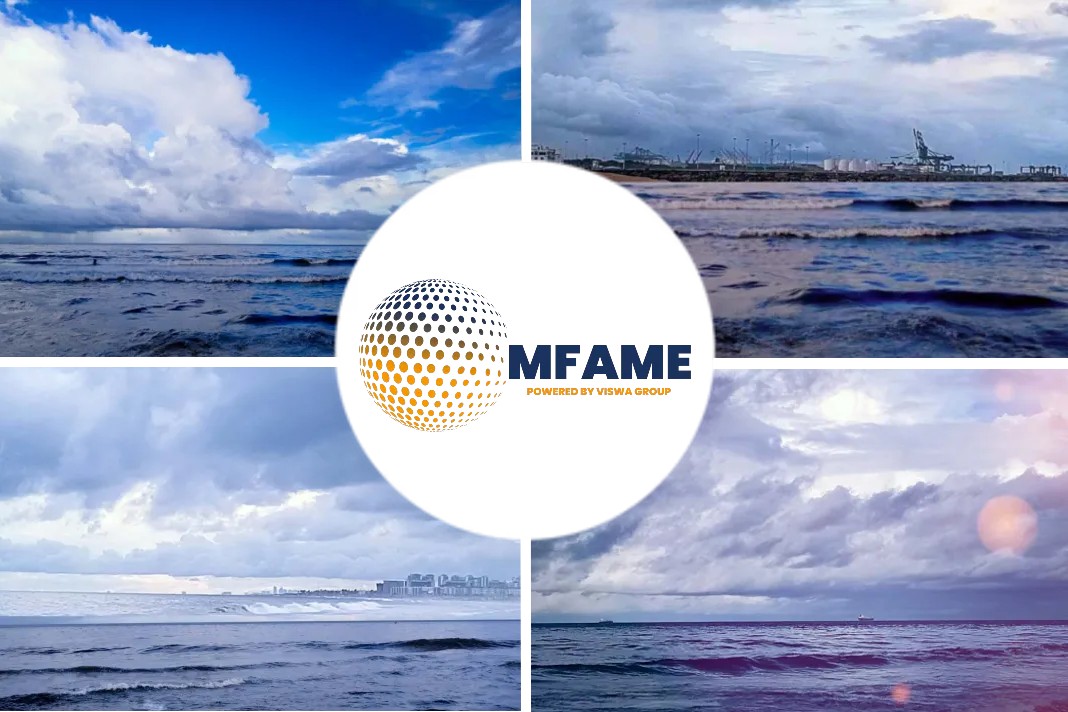As per the International Maritime Organization (IMO) symposium on sulphur 2020 and alternative fuels, ammonia and hydrogen are touted to be potential fuels of the future in a carbonized shipping industry, reports Safety4sea.
IMO Symposium
On 17-18 October, IMO gathered major shipping players in a Symposium on ‘IMO 2020 and Alternative fuels‘, discussing the role that alternative fuels could have in the path towards decarbonization and highlighting the importance of collaboration within the industry.
Setting the scene, IMO’s Edmund Hughes said the initial GHG strategy, adopted in 2018, had sent a clear signal that shipping will need to adapt.
“We have to change to address global climate change. We have to find new technologies and new fuels if we are to achieve at least 50% reduction in annual GHG emissions from international shipping by 2050,“ he said.
Enhancing energy efficiency
Operational and technical measures can contribute, including port time optimization and technologies which can be used on existing ships, with examples including air lubrication and wind propulsion to improve operational energy efficiency.
“The long-term future is a hydrogen-based fuel of some sort,” said Dr. Tristan Smith, Reader, UCL Energy Institute.
Fuels of the future
The potential for hydrogen- and ammonia-based fuels to take over from fossil fuels for ship engines by 2050 was echoed by Mr. Tore Longva, Principal Consultant, DNV GL; and Ms. Alexandra Ebbinghaus, Maritime Strategic Project Lead, Shell Trading and Chair, GloMEEP-Global Industry Alliance.
Key issues for these new fuels include speed of uptake and scaling of production.
Malaysia’s Kanagalingam T. Selkvarasah, Maritime Attache outlined Malaysia’s commitment to developing hydrogen as a marine fuel and outlined the infrastructure and projects already in development.
Hydrogen was already being successfully deployed in numerous small vessels and had the potential to be scaled up, added Madadh Maclaine, of the Zero Emission Ship Technology Association.
Technical collaboration with Maritime industry
Speakers agreed that enabling policies, collaboration and research and development would be needed to decide how shipping would move forward with decarbonization – with a commitment to ensuring that no one was left behind, through collaboration and technical cooperation.
“The topics of the last two days have a common element, which is essential to sustainable future shipping – and that is fuels,“ said IMO Secretary-General Kitack Lim, closing the Symposium.
He added, “The development and provision of viable alternative fuels cannot be solved by the shipping industry alone – but needs support from the wider maritime industry, such as oil industries, charterers and ports.“
Did you subscribe to our daily newsletter?
It’s Free! Click here to Subscribe!
Source: Safety4sea






















